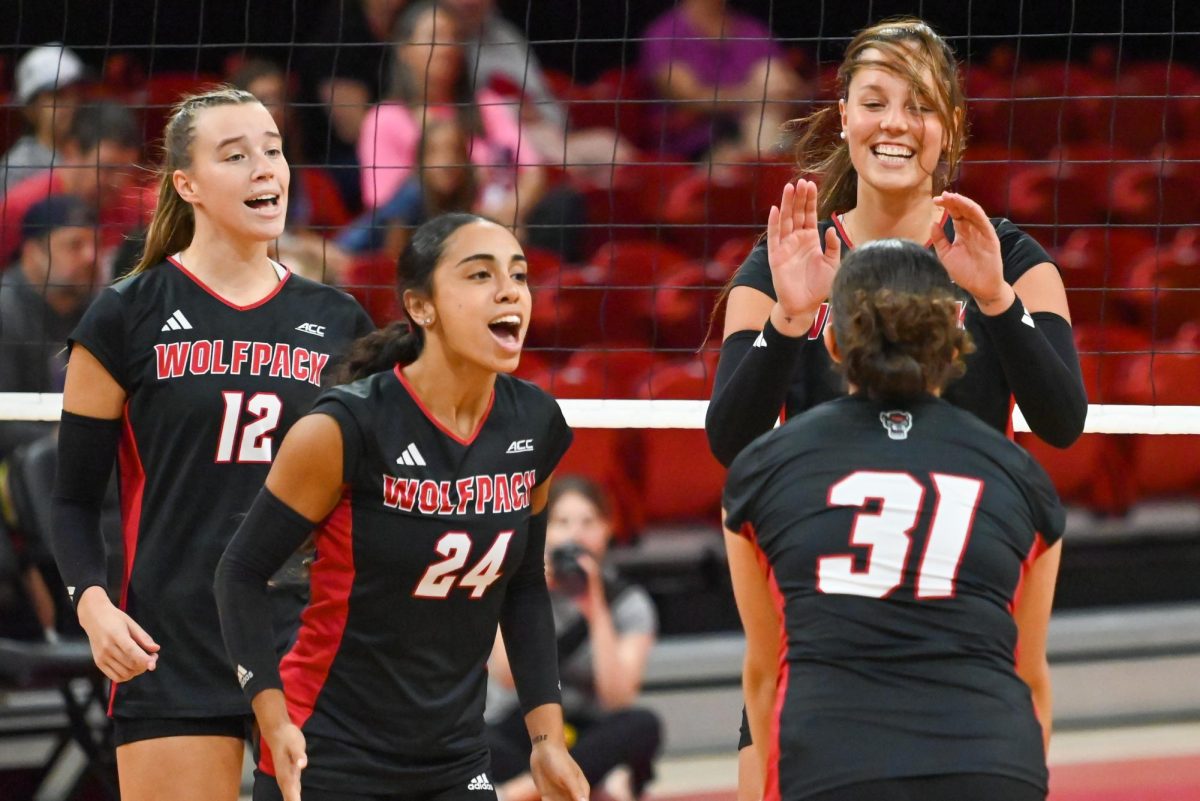For about three years, the N.C. Next Generation Networks, which represents UNC-Chapel Hill, Duke University, Wake Forest University and N.C. State, has been in the process of negotiating with private companies to build a gigabit-bandwidth network.
The consortium is interested in bringing new fiber optic Internet providers to these areas or using existing fiber optic cables to provide high-speed Internet outside a university setting.
In April, the Raleigh City Council approved an agreement with AT&T that would allow the company to begin distributing its ultra-high-speed Internet service in Raleigh.
The network is part of a nationwide consortium to bring high-speed fiberoptic Internet to surrounding college areas to bring more innovation and opportunities for economic growth, according to Marc Hoit, vice chancellor for Information Technology and chief information officer at N.C. State.
“Universities like N.C. State have really good network quality, but as you move across Hillsborough Street and throughout Raleigh, the quality of the network drops,” Hoit said. “This isn’t a problem unique to Raleigh, it’s all across the country.
Earlier this year, Google, announced that the Triangle is a finalist for its Fiber service. Currently, Google provides Internet service in Kansas City and Provo, Utah, and has announced it will begin providing service in Austin, Texas. AT&T currently only offers its gigabit service in Austin, Texas.
While the University has a bandwidth of 20 gigabits, most private service providers near campus provide Internet bandwidths of 20 to 40 megabits. Proposals by AT&T and Google would offer Internet bandwidths of private customers to close to one gigabit, which could provide speeds about 50 times faster for students and faculty members living in the surrounding vicinity.
“Think of the off-ramp to a small town. As more and more users take that off-ramp, the cluster around that small town builds and develops,” Hoit said. “In that regard, our university network is analogous to that of a 100-lane highway, and the off-ramps that go off campus will allow surrounding areas to flourish.”
Hoit said the service access to higher bandwidths could provide things such as telemedicine, music lessons and mass videoconferencing that current bandwidth doesn’t allow for off-campus use.
“This offers great benefits to students, but also to faculty members who are looking to outreach across the city and begin entrepreneurial efforts through their own companies,” Hoit said.
From a student perspective, Hoit said higher bandwidth would increase accessibility of online materials.
Seth Hollar, associate director of Engineering Entrepreneurs Program at N.C. State, agreed that fiber optic service could dramatically increase entrepreneurial opportunities.
“This service would offer an environment for the growth of potential applications that could serve a larger group, and could eventually lead to overall smarter cities, in terms of infrastructure,” Hollar said.
In regard to bringing technology startup companies to the Triangle area, Hollar said creating the right environment is important.
“Good Internet access and upload speeds will especially cater to IT and infrastructure companies, but will not be the end-all be-all for other startup companies,” Hollar said.




